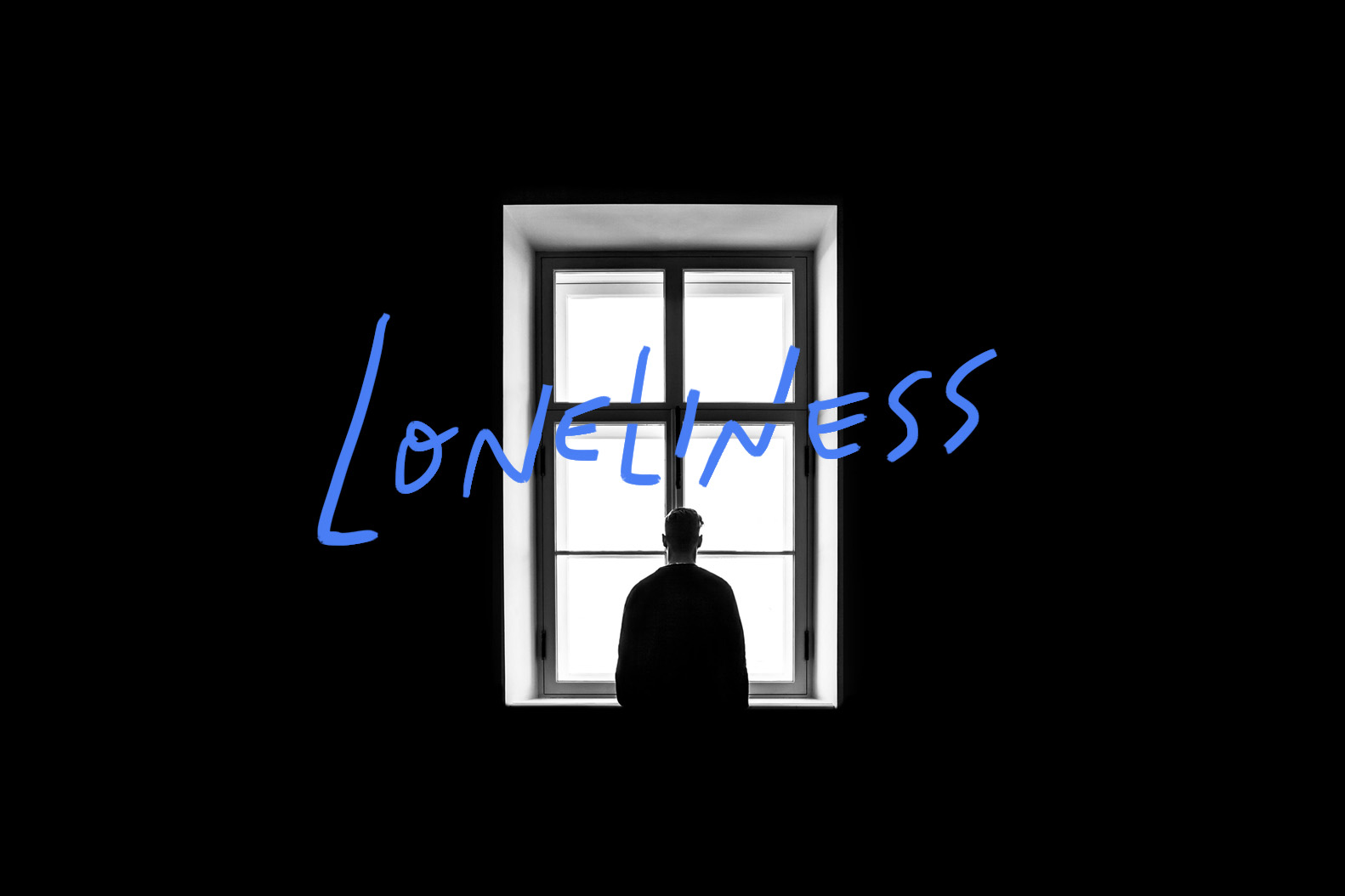In confronting the problem of being true to oneself, we’re left unsure of who we even are. This has resulted in a loneliness epidemic across the world.
An ordained pastor and full-time speaker for Ravi Zacharias International Ministries (RZIM), Brisbane-based Dan Paterson was speaking to a group of university students during the week-long RZIM Festival of Thought in Singapore in April 2019.
“As we approach this age of authenticity where everyone is meant to follow their heart, we are in a worldwide fog of confusion,” Paterson pointed out.
Throughout the talk, Paterson detailed the problem of identity that has arisen in this “age of authenticity”.
Loneliness is the feeling that “no one truly knows you, no one is truly with you, no one truly loves you”.
Before the rise of the millennial age, loneliness was a topic addressed by theologians, poets, philosophers and practitioners who spoke about “these momentary feelings that came upon the human heart”.
“But what used to be momentary, like a rain shower, has become a chronic storm,” he said.
Loneliness has become a major health concern for governments around the world. In the US alone, according to a 2018 study conducted on more than 20,000 individuals, 46 per cent of the population sample stated that they felt lonely.
“But why?” Paterson questioned the audience. “What is it about this question of identity? What is it about our cultural moment?”
Ironically, this loneliness epidemic comes at a time where our connectivity has never been higher.
Paterson went on to define loneliness as not mere physical separation from other people, but the feeling that “no one truly knows you, no one is truly with you, no one truly loves you”.
He listed two common ways people attempt to confront the problem of identity. The first is to base your identity on who you feel you are.
“It doesn’t matter who you are or what you’ve done,” Paterson explained. “Everyone in this age of authenticity is meant to open up, step out into the light and be celebrated in that freeing moment of confession.”
However, he also argued that this confession doesn’t actually reveal to the world who we really are – just an image of what we want them to see. More often than not, we don’t actually want to show people who we really are.
“When I have given people a window into who I really am, people don’t always like what we see,” he said. “The greatest advice of our modern age is, ‘Follow your heart.’ But I’m scared of where my heart could possibly take me.
The second way people have attempted to alleviate the problem of loneliness and confront the question of identity is through social media.
The increased connectivity allows us to communicate across large distances and extend our sphere of social interaction – one would think this would be the ultimate solution to the problem of loneliness and identity.
Yet Paterson argues that social media has become a breeding ground for hypocrisy: One person in private, another in public.
As a result, we compete with one another, thinking others to be more successful, leading more enjoyable lives compared to us. This only drives us further into isolation.
Even for those who do succeed on social media, in the end what people love is only the external mask you put on.
“As much as you wish it were different, your fans and your followers, they don’t love you. They love your mask. And the more you let people love the mask, the more you feel like you have to hide behind it,” said Paterson.
He summed up the problem of identity in the age of authenticity as either being known but not loved, or loved but not known.
WHERE IS GOD IN OUR LONELINESS?
Isaiah 53:3 contains a prophecy that speaks about the coming of a man who would suffer more, be more misunderstood and more abandoned than any one of us, said Paterson.
“He was despised and rejected by men, a man of sorrows and acquainted with grief; and as one from whom men hide their faces he was despised, and we esteemed him not.” (Isaiah 53:3)
Jesus knows our suffering; He knows our loneliness, He knows what it’s like to be abandoned.
Yet Jesus does more than understand our suffering. He has come to destroy that loneliness and offer a foundation upon which we can build our true identity.
“The Bible begins with the story that we are made in the image of God; that you are not a cosmic accident here by random convocation of molecules, but the intentional creation of a heavenly Father, made by love, for love,” Paterson said.
But we have used for selfish intentions the freedom that God has given us, which allows us to love. We have defined our own identity, choosing to form our identity rather than accepting the one God has for us.
This results in shame – where we are now afraid of being known by each other and by God.
And yet, God has never rejected us.
“As a loving heavenly Father to His created earthly kids, He keeps pursuing them,” Paterson shared. “He reminds them who they were created to be, even when they weren’t living up to it.”
All this culminated in the Cross, where God was so determined to pursue His people that He sent His Son down to die for them.
“What we have done is so bad that it takes the death of God to be able to undo it.”
As heavy as that sounds, that is precisely how much God loves His people, that He would pay such a price for us.
The Gospel tells us that it is possible to be fully known and fully loved. Jesus Christ provides for us a firm foundation upon which we might build our identity, one that is irrespective of what we have done or what we have become. God loves us.
In closing, Paterson reminded those listening: “The only voice that’s going to ultimately matter is what God says about you.
- How do you cope with your loneliness?
- When has loneliness become unbearable?
- What are some of the promises God has given you that helps you through?
- How have you encountered God in your loneliness?









